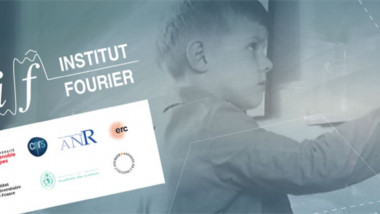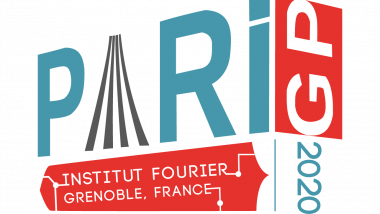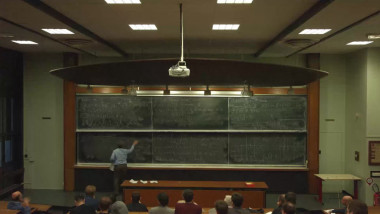A high-fidelity, quantum-control-tuned gate set for single-triplet spin qubits
Apparaît dans la collection : PRACQSYS 2018: Principles and Applications of Control in Quantum Systems
Singlet-triplet qubits use the collective spin state of two electrons to encode a single qubit, which allows to use the exchange interaction for fast, fully electrical control with moderate frequency requirements. The leading implementation is based on gate-defined GaAs quantum dots. However, achieving high control fidelities is nontrivial. The best performance is obtained at strong driving where nonline-arities play a significant role and the rotating wave approximation is not applicable. In addition, non-Markovian and drive-dependent noise as well as finite pulse rise times must be considered. I will present an approach that combines realistic simulation, numerical optimization, and multi-channel feedback from the experiment to achieve fidelities that define the current state of the art. For single-qubit gates, we have experimentally achieved randomized-benchmarking fidelities of 99.5% for GaAs based devices, slightly lower than expected from simulations based on experimentally calibrated noise models. The leakage rate out of the computational subspace, another key figure of merit for encoded qubits, was found to be 0.02%. Perhaps surprisingly, charge noise is found to be more limiting than fluctuations due to nuclear spins, which are generally believed to be a major problem in GaAs. Using the same approach for two-qubit gates, simulation predicts comparable fidelities. A successful implementation, which is the goal of ongoing experimental work, would by lead to the by far best two-qubit gate fidelity achieved with semiconductor qubits so far. Furthermore, I will discuss the impact of residual interqubit coupling on the single-qubit fidelity in multi-qubit devices and how it can be reduced.












